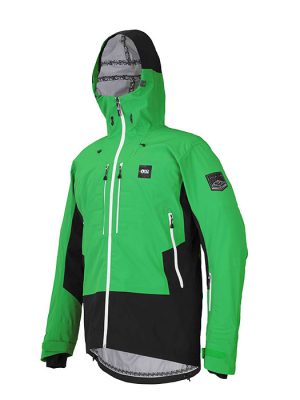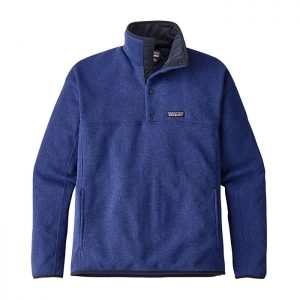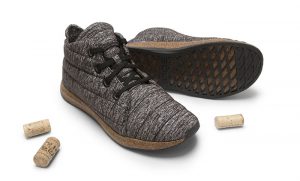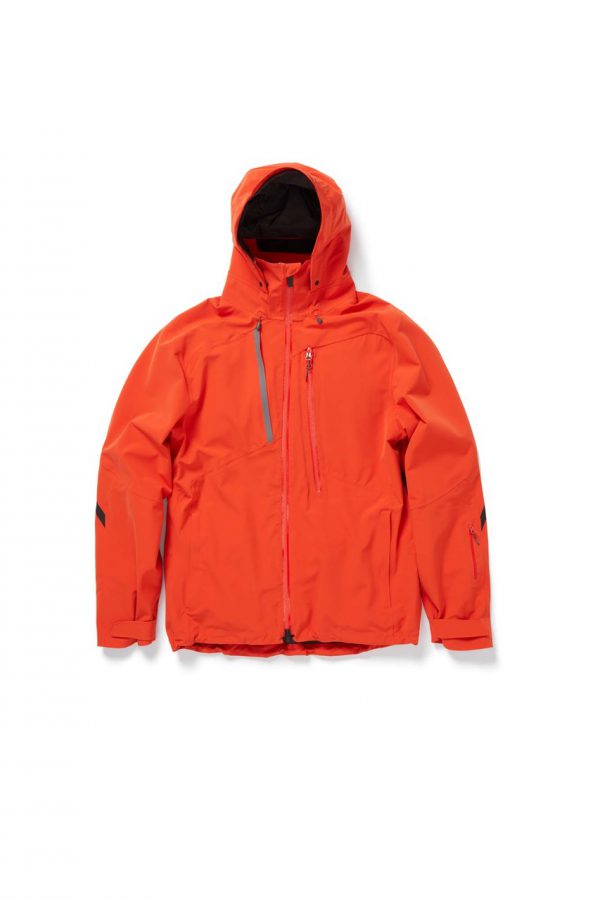Plastic is everywhere. Literally. The average Canadian throws away about 85 kg of the stuff a year. And it takes at least 500 years for it to break down in landfill. In the meantime, it degrades into tiny particles that are polluting water and climbing the food chain. Pretty depressing stuff. Weaning ourselves off plastic may not be totally possible, but brands are working to clean up their plastic problem so we can, too.
Picture Organic Clothing: Committed to a minimum of 50 per cent recycled or bio-based materials in everything it makes, the French company developed a waterproof-membrane shell partially made from castor oil. The Pebax Renew membrane debuts in the Harvest Jacket and Bib, which join a biodegradable fleece and other recycled and recyclable shells. Jacket: $550; bib: $450; picture-organic-clothing.com

Polartec: Every time you wash a synthetic piece of clothing tiny bits of the fibres break off, slip through filters and enter the water system. To combat the problem it’s contributing to, technical fabric maker Polartec tweaked its Power Air fabric formula. The fibres are more erosion-proof and woven tighter to reduce shedding. polartec.com
Patagonia: Long a leader in using recycled fabrics (it started in 1993), Patagonia is committed to manufacture all its 62 jackets with recycled material, adding to programs that reuse wool and down and repurpose fishing nets, water bottles and clothing into things like the Better Sweater. The classic fleece is now 100 per cent recycled, except the zipper pull. From $149; patagonia.ca

SOLE: The Canadian brand uses all kinds of interesting materials to give its insoles and footwear specific properties with minimal negative footprint. None is as sustainable as the Jasper Wool Eco Chukka. SOLE used repurposed wine corks for the midsole, a mix of bison wool and polyester for the insulation, rice in the outsole and algae foam for the insole. $189; yoursole.com

Schoeller: Vintners stick a cork in their bottles because it naturally breathes yet weatherproofs the goods inside. It sounded familiar enough to inspire Schoeller to grind up wine cork waste to integrate it into Corkshell, a waterproof-breathable membrane used by Holden in its Corkshell Summit Jacket. When things heat up inside the jacket, the cork particles naturally dilate allowing heat to release. $799.99; holdenouterwear.com




